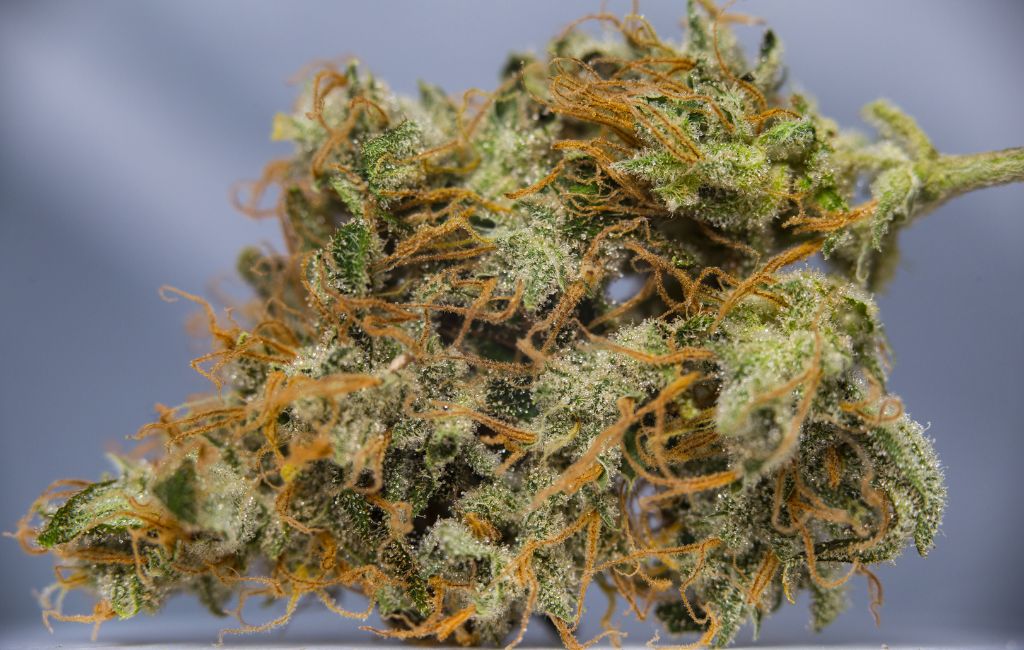THCa Flower: Natural Healing

THCa Flower: Embrace Natural Healing
In recent years, the interest in natural remedies and holistic health approaches has surged. Among these, THCa flower has emerged as a promising option for those seeking alternative healing methods. This article explores the potential benefits of THCa flower, its unique properties, and how it can be integrated into a wellness routine.
Understanding THCa: The Precursor to THC
THCa, or tetrahydrocannabinolic acid, is a non-psychoactive cannabinoid found in raw cannabis plants. Unlike THC, which is known for its psychoactive effects, THCa does not produce a “high.” This makes it an attractive option for individuals looking to experience the therapeutic benefits of cannabis without the mind-altering effects.
When cannabis is heated through smoking, vaping, or cooking, THCa is converted into THC through a process called decarboxylation. This transformation is what typically leads to the psychoactive effects associated with cannabis consumption.
Potential Health Benefits of THCa
Research into the health benefits of THCa is still in its early stages, but preliminary studies and anecdotal evidence suggest several potential advantages:
- Anti-inflammatory Properties: THCa may help reduce inflammation, making it a potential option for individuals with conditions like arthritis or inflammatory bowel disease.
- Neuroprotective Effects: Some studies indicate that THCa might have neuroprotective properties, which could be beneficial for neurodegenerative diseases such as Alzheimer’s and Parkinson’s.
- Anti-emetic Benefits: THCa has shown promise in reducing nausea and vomiting, particularly in patients undergoing chemotherapy.
- Appetite Stimulation: Like THC, THCa may help stimulate appetite, which can be beneficial for individuals dealing with appetite loss due to medical conditions or treatments.
Incorporating THCa Flower into Your Wellness Routine
For those interested in exploring the benefits of THCa flower, there are several ways to incorporate it into a wellness routine. Here are some popular methods:
Juicing Raw Cannabis
Juicing raw cannabis leaves and flowers is one of the most effective ways to consume THCa. This method preserves the cannabinoid in its natural form, allowing users to experience its potential benefits without psychoactive effects. Juicing can be done using a standard juicer, and the resulting juice can be mixed with other fruits and vegetables for a nutritious drink.
Topical Applications
THCa-infused topicals, such as creams and balms, can be applied directly to the skin. This method is particularly useful for targeting localized pain and inflammation. Many users report relief from conditions like arthritis and muscle soreness through the use of THCa topicals.
THCa Tinctures
Tinctures are another popular way to consume THCa. These liquid extracts can be taken sublingually (under the tongue) for quick absorption into the bloodstream. Tinctures offer a convenient and discreet way to incorporate THCa into daily life.
Case Studies and Real-Life Examples
Several case studies and anecdotal reports highlight the potential benefits of THCa flower. For instance, a study published in the “Journal of Pain and Symptom Management” found that patients using THCa-rich cannabis reported significant reductions in pain and inflammation. Another case involved a patient with Parkinson’s disease who experienced improved motor function and reduced tremors after incorporating THCa into their treatment regimen.
These examples underscore the potential of THCa as a natural healing option, though more research is needed to fully understand its effects and applications.
Legal Considerations and Accessibility
The legal status of THCa flower varies by region, so it’s important to research local laws before purchasing or using it. In some areas, THCa products are available through medical cannabis programs, while in others, they may be accessible through recreational dispensaries.
As the popularity of THCa continues to grow, more products are becoming available, ranging from raw flower to tinctures and topicals. This increased accessibility allows more individuals to explore the potential benefits of THCa for their health and wellness needs.
Conclusion
THCa flower presents a promising option for those seeking natural healing methods. With its potential anti-inflammatory, neuroprotective, and anti-emetic properties, THCa offers a range of benefits without the psychoactive effects of THC. By incorporating THCa into a wellness routine through methods like juicing, topicals, and tinctures, individuals can explore its potential to enhance their health and well-being. As research continues to unfold, THCa may become an increasingly valuable tool in the pursuit of holistic health.